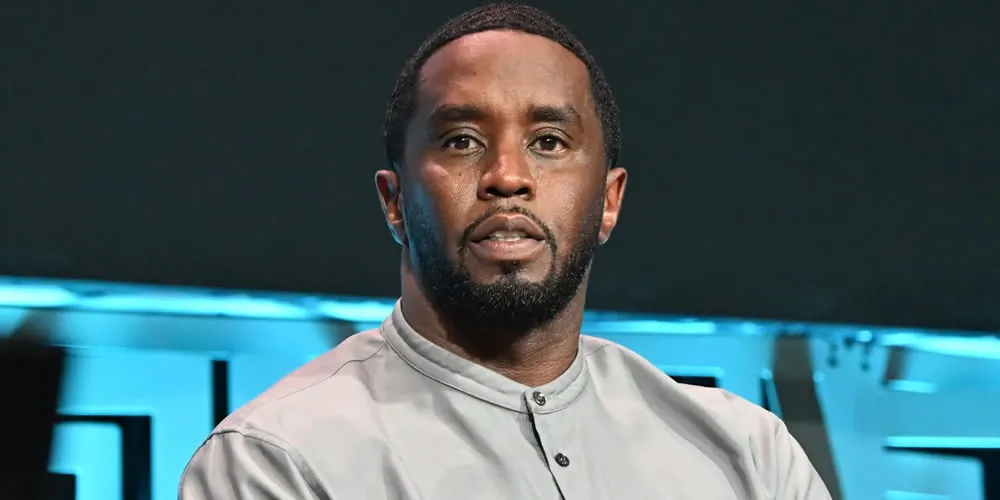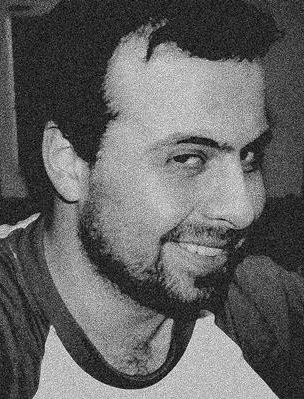Sean "Diddy" Combs, the former king of the music world, is in a very different situation. While facing prostitution-related charges, Combs just scored a major legal battle victory - he was acquitted of serious racketeering and sex trafficking charges that threatened a life sentence. "To say that it was a relief for Mr. Combs, I think, would be an understatement. He had a great weight lifted off his shoulders, but also inspired some of the other guys he was with; apparently, a lot of them stood up and clapped for him when he returned. But as important as that was, he knew it represented something larger than himself: the extraordinary thing that, in rare circumstances, someone cut through all of it, took on the federal government as a target, and you don't lose in the end. The federal government lost," said lead attorney Marc Agnifilo. The weight of the federal government being reduced in court can be a significant development. However, Combs' issues are not over as he still has his other counts pending sentence, but this courthouse victory could already be an unforgettable mark in the prison system.

Defense Team's Strategy Undermines Government Case
For the past eight weeks in trial, Combs' lawyers forged ahead with a bold approach. They relied on open and honest disclosure and control of the story. Traditionally, in a courtroom, you want to do the opposite: make the defendant look as good as possible and the witnesses look bad. Combs' legal team did not try to hide who they were defending: Combs is an imperfect person who was not a good partner and is having troubles both personally and professionally. However, as attorney Teny Geragos told jurors, "being a bad partner is not illegal." They successfully cross-examined nearly three dozen witnesses with an amount of firmness and control, effectively debunking what the prosecution had asserted. At no point did the defense call any witnesses or have Combs testify, an approach not usually seen in cases this serious. So, it worked - and they had convinced the jury the government had crossed the line, trying to confuse personal vices into organized crime.
Emotional Verdict and Unexpected Turns
When the jury came back with a mixed verdict, the atmosphere in the courtroom shifted considerably. While the jury was previously deadlocked on the racketeering charges, it ultimately reached a verdict by acquitting Combs of the most serious charges. Even though Combs was convicted on lesser prostitution-related charges, Combs' August team viewed the outcome as a monumental victory. However, the day after the jury's partial decision, a lot happened - Agnifilo moved quickly, predicting a good verdict, and put forth a bail application which the court nonetheless refused. After the announcement, the emotional scenes ensued - Combs mouthed "thank you" to the jury, fans of Combs cheered the legal team, and several lawyers were visibly emotional (many lawyers cried). On the other side of the aisle, even some of the prosecutors commented on the impressive way the defense played the case and how the defense team all kept their stories straight.
What Lies Ahead for Combs and His Journey Toward Accountability
The courtroom vibes were transformed drastically by the jury's mixed verdict. The jury had stood deadlocked or indecisive on racketeering until finally coming to a resolution, acquitting Combs on the most serious charges. While they found Combs guilty on some lesser prostitution-related charges, Combs' team believed the case was a huge win overall. Regardless, the morning after the jury’s partial verdict, Agnifilo was up and running: Suspecting that the verdict would ultimately be positive, he started pushing for bail, which the court later declined, haha. After the verdict, it was a scene with emotions bubbling over: Combs silently mouthed a “thank you” to the jury, supporters stood cheering the legal team, and at least one attorney cried. On the eviction side of the fence, even the prosecutors admitted, "they executed the case at a high level," much to the pleasing poetic abyss of the well-managed defense strategy, seemingly consistent throughout the trial.
































